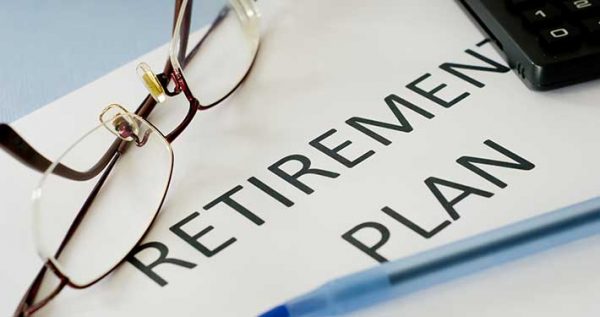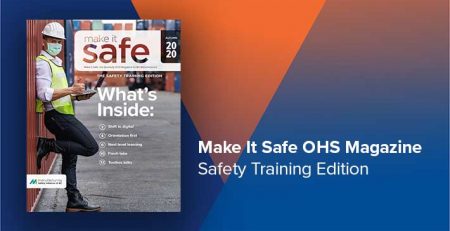COVID-19 FAQs
As the pandemic has forced many businesses to make significant changes to operations and staffing to remain viable, the financial impact has triggered companies with employee retirement and savings plans to make temporary adjustments as part of necessary cost-saving measures. CapriCMW Group Retirement and Pension Specialists have been working with businesses to understand options they can implement while minimizing the effect on employees. Here are some common questions:
Can the business suspend contributions to its pension plan? Pension legislation does not allow a plan sponsor to suspend contributions if employees continue to be paid by the employer. However, with an amendment and notification to members, plan sponsors can amend their plans to reduce the contributions to the minimum 1%. In some jurisdictions, notice must be provided at least 45 days prior to the effective date. Under current circumstances, regulators may be open to discuss options for relief on a case-by-case basis. Contact your pension regulator directly.
Has there been an extension to the time the business has to remit contributions? All contributions must be remitted as usual in accordance with the plan terms and legislation—generally within 30 days of being deducted from an employee’s pay for employee contributions and required employer contributions. Under current circumstances, regulators may be open to discuss options for relief on a case-by-case basis. Contact your pension regulator directly.
The company’s group RRSP rules suspend employer contributions when an employee makes a withdrawal. Can this rule be waived temporarily? Employers establish the rules regarding the suspension of contributions and can choose to waive them.
If an employee is on emergency leave due to Covid-19, does the business have to continue contributions while the employee is not being paid? In BC, the Employment Standards Act requires businesses with non-contributory plans (where employer’s contributions do not depend on employee contributions) to continue contributions. Those with contribution plans (where employees are required to make contributions) must continue only if employees continue contributing.
The company’s group RRSP plan does not allow withdrawals while employed. Can this rule be waived temporarily? Yes, the employer can choose to waive this rule.
Is it possible to continue plan contributions during a temporary layoff even though employees are not being paid? If the plan includes a provision to allow contributions to continue during periods of temporary layoff, contributions can continue. As the sponsor, you would apply CRA’s prescribed compensation rules. Contributions will typically be based on the member’s earnings prior to the leave and made as described in the plan.
Questions
Dirty coveralls would not be considered as a biohazard. They may be considered as contaminated, if anything. Recommend to follow disinfection protocols in place between uses.
The Occupational Health and Safety (OHS) Regulation and the Workers Compensation Act do not require employers to implement health monitoring for COVID-19, such as checking temperatures or recording symptoms. Some employers may consider incorporating health monitoring into their COVID-19 policies. Employers may wish to get advice from an employment lawyer about how to balance workplace safety, human rights, and privacy issues before implementing such monitoring into their COVID-19 policy.
Employers have a responsibility to ensure the health and safety of workers. As part of this, employers must develop policies and procedures that address how to eliminate or minimize the risk of worker exposure to COVID-19 in their workplace (OHSR 5.2). They must ensure these are communicated to everyone at the workplace and that workers and supervisors are trained in their responsibilities and rights, and the COVID-19 policies and procedures should be applied fairly and consistently.
The gathering and use of employees' medical information is typically private and confidential and it is governed by Employment Law, including privacy and human rights law in an employment context, and is outside of our jurisdiction. As much as we would like to be helpful and provide advice on such questions, we cannot properly do so. The advice we can provide to employers about medical information (which is typically private and confidential) is limited to the employer's obligations to provide that information in the OHS context (e.g. EIIR, inspections).



